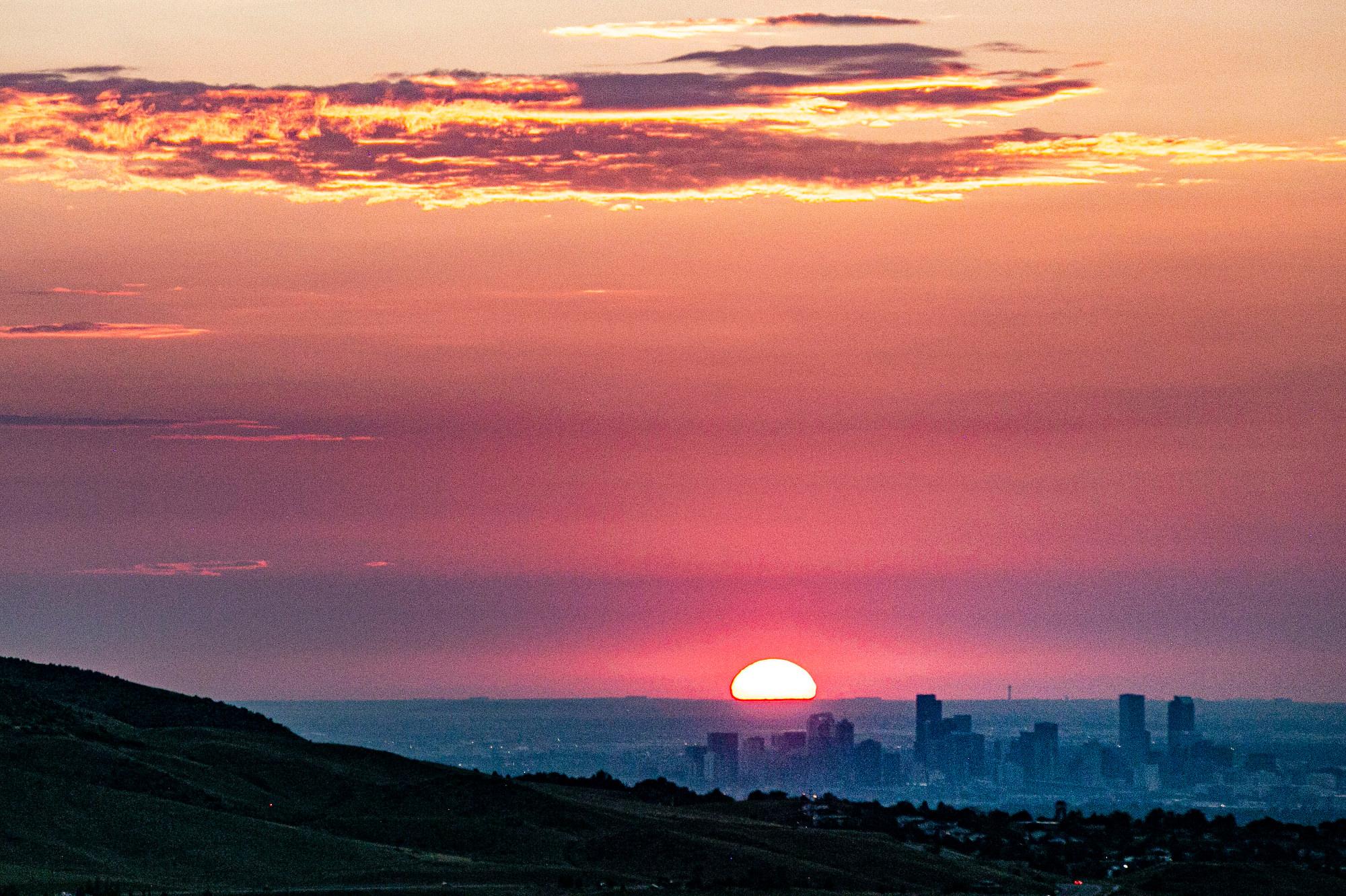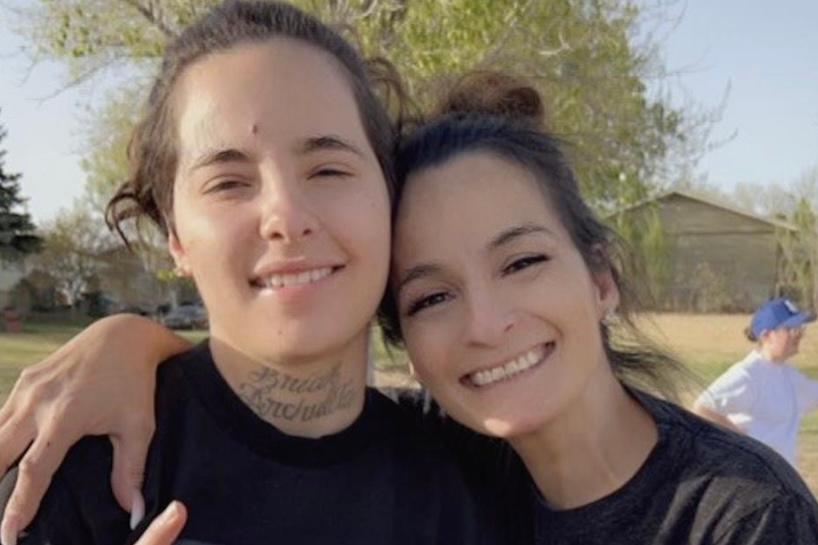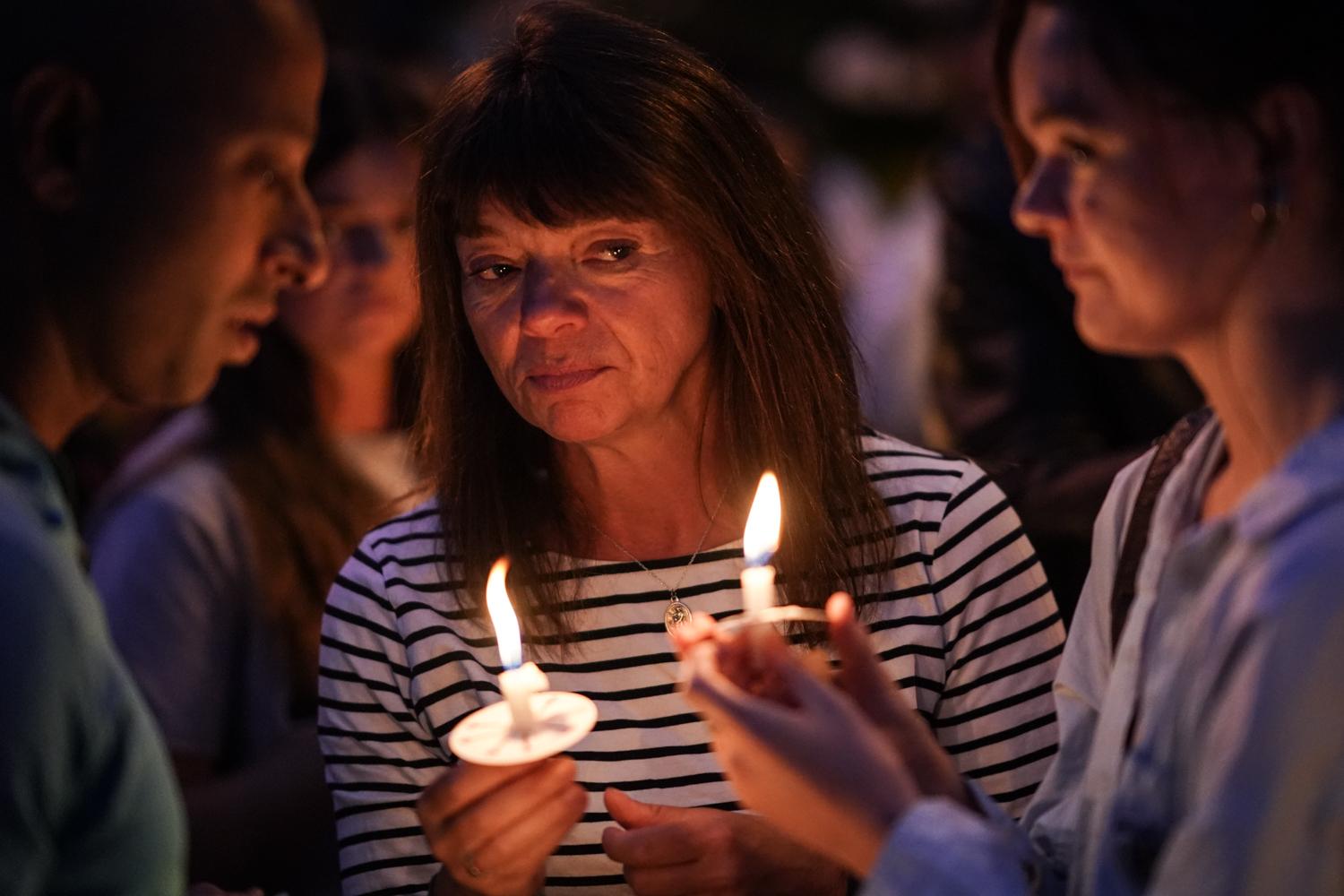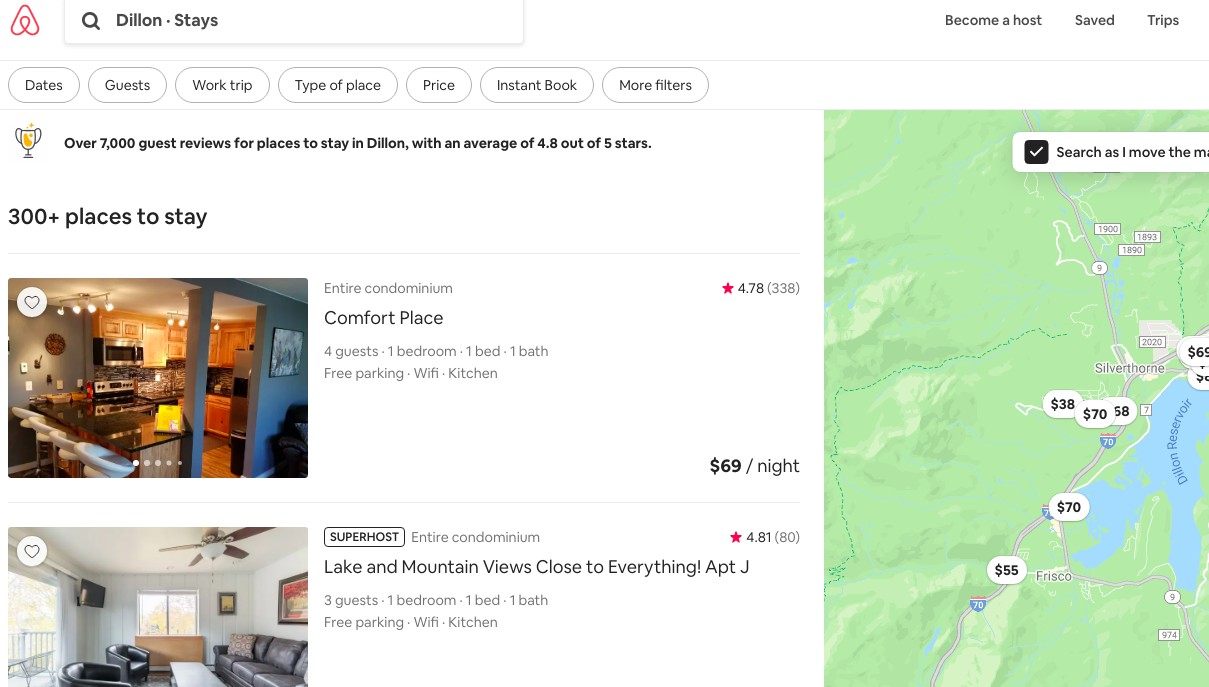
The air quality on Colorado’s Front Range is often unhealthy.
Much of the area doesn’t meet the Environmental Protection Agency’s standards for clean air, largely because of ozone — a gas created by a mixture of emissions from cars, oil and gas drilling and industrial facilities, combined with the heat and light from the summer sun.
Another factor has been worsening the air quality lately: wildfire smoke. The recently smoky skies, from flames as far away as California and Oregon, are bad for your health in multiple ways.
Even if you can’t smell it, that doesn’t mean it’s not impacting you.
“Your nose is not a good tool,” said Emily Fischer, an atmospheric scientist and associate professor at Colorado State University.
Wildfire smoke can be more dangerous to people further from the fire
Fischer studies the ingredients of wildfire smoke. When it travels on the wind from other states, it can lose its smell by the time it makes it to the Front Range. Recent research from Fischer’s department shows that long-range smoke actually had worse health effects on people than if they had been closer to the fire.
Why might that be? Fischer says it might be because people are more likely to take precautions when they see flames or smell smoke. When the fire is far away and there’s no smell, people can more easily brush off the possible effects to their health.
Wildfire smoke contains fine particles that can penetrate deep into the lungs, aggravating chronic heart and lung diseases and triggering asthma attacks. It can also cause headaches, a runny nose, cough and difficulty breathing. Younger people and older people tend to be more susceptible.
Exposure to these particles are even linked to premature death.
Fischer said our exposure to smoke is becoming chronic now that climate change is causing wildfires to burn bigger and more often. She said that scientists don’t fully know the health effects of chronic exposure because it hasn’t been happening long enough to collect strong data.
How to protect your family when the air quality is bad — and explain what's going on to your kids
So if our nose isn’t a good tool, what is? Checking the air quality.
Fischer checks the air quality every day, like you might check the weather. And she wants others to build up that habit as well. She plans the day around it to reduce her family’s exposure to smoke. When the days are bad, she said it’s best to spend as much time inside as possible and to avoid extreme physical activity.
“That hurts me to say, because I love being outside,” Fischer said.
Last summer, when multiple wildfires burned for months in Colorado, Fischer installed an air conditioning system with filters and kept her daughters indoors — a lot. Her girls start to feel sick when the air quality is in the unhealthy for sensitive groups category, which includes children.
If her daughters are outside when the air quality gets bad, she brings them in. While it might take the promise of a popsicle for them to be OK with it, Fischer said her kids understand. Fischer explains to them that it’s for their health and safety, like wearing a bike helmet.
“As parents, our main job is to protect our kids. And so if I have information that I think is important to their safety, then I just tell them that’s how it has to be,” Fischer said.
Fischer suggests teaching kids about the air quality index. She recommends a book called, “Why is Coco Orange?” created by the Environmental Protection Agency for that purpose. She wants her kids to understand that “we use science to make decisions,” which is how she’s also explained wearing masks and social distancing during the COVID-19 pandemic.
Fischer and her family were out backpacking when the Cameron Peak fire started in 2020. They had to rush miles back to their car to get away from the flames. Fischer said the fire was like watching her climate change research come to life in a “horrible” way.
The experience was traumatic for her family, and she said that it’s been hard to convince her daughters to hike again. Fischer wants people to talk about the physical and emotional toll of climate-related trauma.
“This kind of heat, this kind of drought, these kinds of fires don’t make the West a very livable place,” she said.









